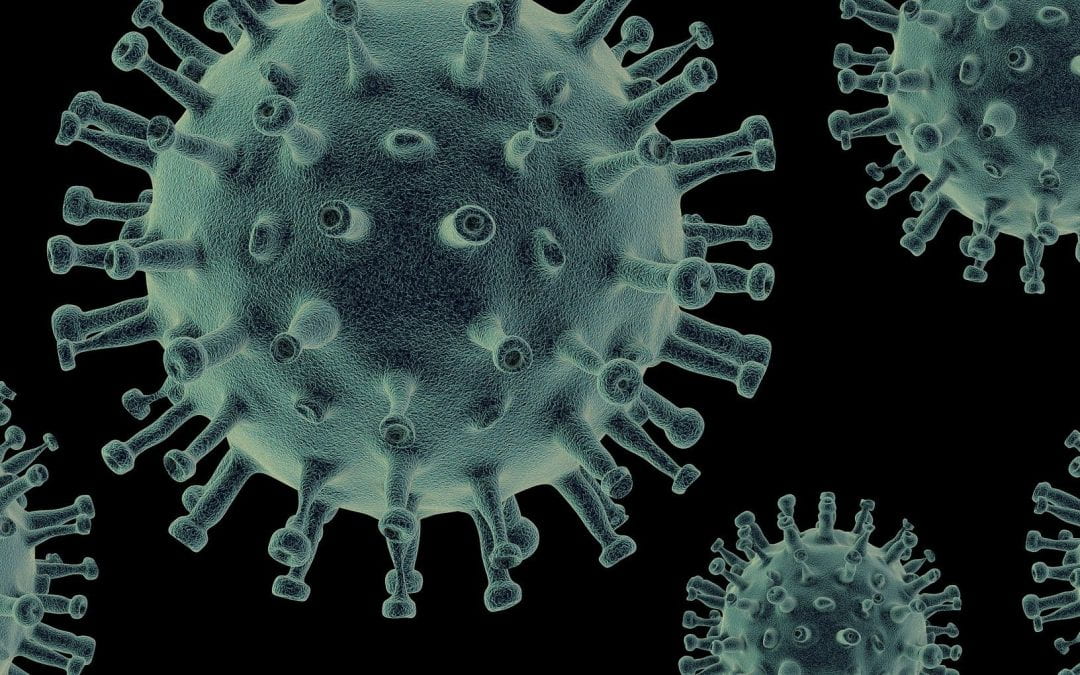By Collin Tukitonga –
Dr Collin Tukuitonga draws on New Zealand’s response to Covid-19 to argue for a designated population health agency
An ounce of prevention is worth a pound of cure.
The Covid-19 pandemic has exposed major shortcomings in the funding and delivery of population health services in Aotearoa/New Zealand. Population health, also called public health, refers to policies and services that are directed at population groups rather than clinical services directed at individuals. Population health services include health promotion, protection and disease prevention interventions. A key focus is on addressing the social, economic, cultural, political and commercial determinants of health.
In the early days of the pandemic response, Public Health Units (PHUs) throughout Aotearoa New Zealand were found to be severely underfunded and unable to fully respond to the threat posed by the coronavirus. For example, contact tracing capacity was severely limited.
Decentralised authority and decision-making to PHUs during the emergency created difficulties for the Ministry of Health in securing a coordinated and efficient national response. Many of the PHUs and frontline service units did not have sufficient supplies of Personal Protective Equipment and the capacity for testing for Covid-19 was inadequate in the early stages of the pandemic. Additional emergency funding was needed in order to meet these shortcomings.
It is widely known that population health and wellbeing in Aotearoa was under-resourced even before the Covid-19 pandemic. PHUs have been operating under stress for several years. Previous Ministry of Health management has neglected the needs of many PHUs and as a result, many did not have the required skills and equipment to respond effectively and efficiently to the Covid-19 threat. Most of the staff working in population health services were aware that several PHUs were struggling to cope with other outbreaks such as the measles epidemic in Auckland.
It has been clear for several years that the population health function in Aotearoa New Zealand was neglected and under-resourced: Staff have been operating under difficult conditions; public health intelligence, data collection and analysis has been underfunded which has restricted early identification of public health threats; training for the public health workforce has been scaled back.
The clinical, epidemiological and public health expertise needed to plan the national response to Covid-19 has come from staff from our universities.
The New Zealand Health and Disability Support Review Panel is to be commended for its comprehensive report and for highlighting the need to invest more in population health and wellbeing. If the recommendations are implemented, it could transform the health and disability support system, improve health outcomes for all, and reduce inequities in health between Māori and Pacific people, and other New Zealanders.
A key recommendation relates to the structure and function of the population health and wellbeing function. It is important to note that the HDS recommendations for improving population health were crafted before the Covid-19 pandemic. These recommendations now require reflection and review.
The proposed arrangement for planning, funding and delivery of population health services is no longer appropriate. Population health services need additional investment directed at areas of high population concentrations and health threats.
We need a strong population health agency to lead, plan and deliver public good services including the need to revamp health promotion services, improve disease surveillance, strengthen disease prevention and health protection services and oversee the training of the population health workforce for the future. The PHA would work closely with the Ministry of Health, Health NZ, Māori Health Authority, district health boards, Tier 1 and Tier 2 service providers and community groups.
In epidemiological terms, the population of Aotearoa is too small to have several PHUs involved in surveillance and outbreak management. Similarly, other population health threats need evidence-based planning, service delivery, monitoring and evaluation. Environmental health threats, prevention and control of non-communicable diseases and related risk factors, prevention of injury and violence are among other important threats to population health and wellbeing. A critical mass of critical skills working collaboratively across the nation is the best arrangement.
We also need to actively consider realm nations (Cooks, Niue and Tokelau) and other Pacific nations in our planning population health services for the Pacific region.
Most other OECD nations that share our values have designated entities that plan, fund and deliver population health and wellbeing services. For example, Public Health England, Centres for Disease Control and Prevention in the USA and the Public Health Agency in Canada.
An effective Aotearoa Population Health Agency would enable us to plan ahead with confidence, obtain and share information across the nation, improve the health and wellbeing of our citizens and eliminate inequities in health.
Dr Collin Tukuitonga is the inaugural Associate Dean Pacific at the University of Auckland Faculty of Medical and Health Sciences.
*Originally published in newsroom. Republished with permission.

